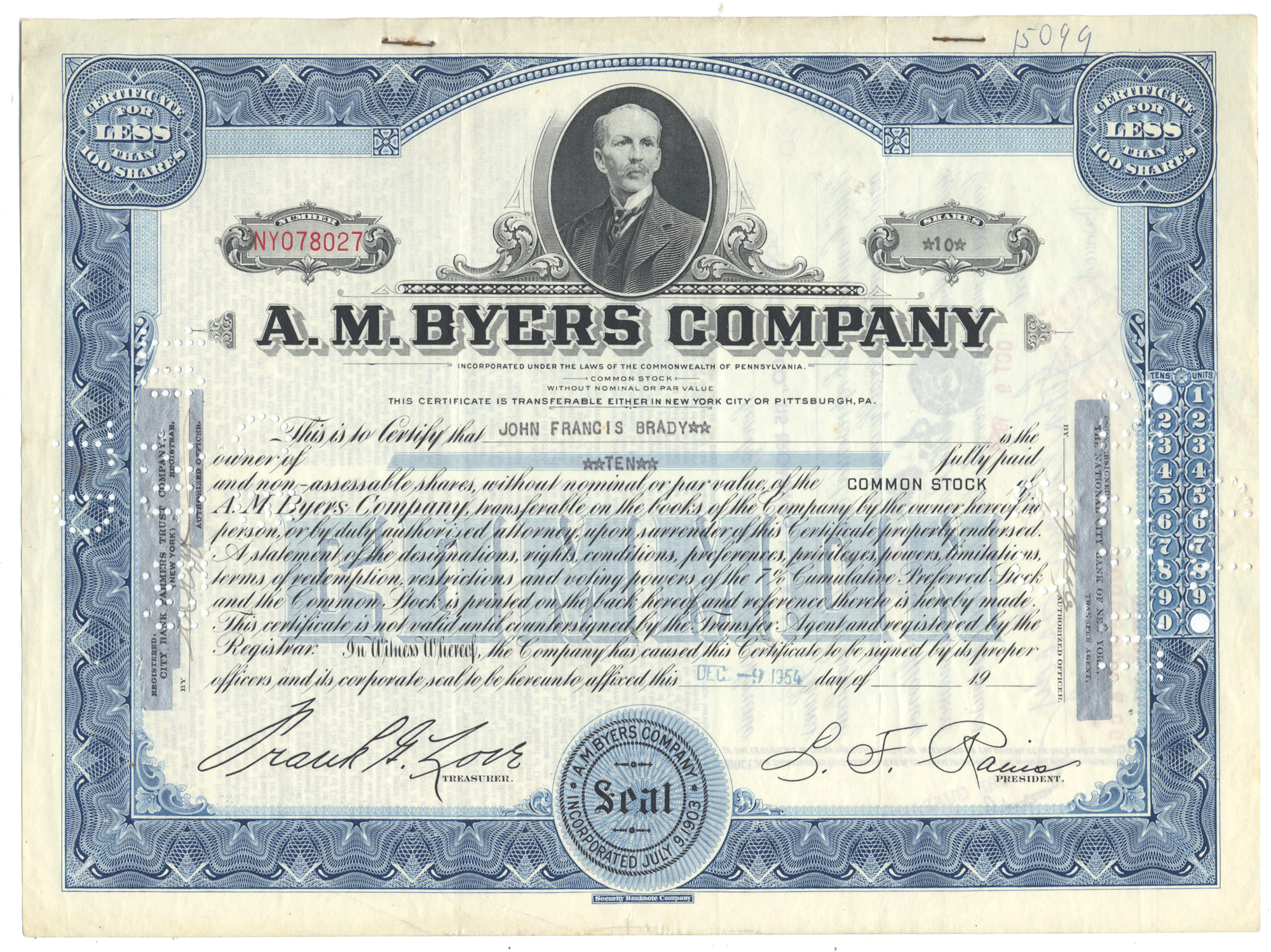Twentieth Century-Fox Film Corporation
William Fox was a New York City exhibitor who began distributing films in 1904 and producing them in 1913. In 1915 he moved his studio to Los Angeles and named it the Fox Film Corporation. In 1927 the company secured the patents to a German sound-on-film process, and later that year it introduced the first sound newsreel, Fox-Movietone News. Having borrowed heavily to finance these moves on the eve of the Great Depression, Fox lost control of his company in 1930. The studio then foundered until its merger with Twentieth Century Pictures.
The latter company was founded by Joseph Schenck and Darryl F. Zanuck in 1933 after Zanuck had quit as head of production at the Warner Brothers studio. The two companies merged in 1935 to form Twentieth Century–Fox.
From 1935 to 1971 (except for 1956–61), Zanuck was head of production for the studio. In the late 1930s and ’40s Twentieth Century–Fox produced mainly westerns, musicals, screen biographies, and religious epics. Among its early efforts were several of director John Ford’s best-known films, notablyThe Grapes of Wrath (1940).
The company’s early musicals featured Shirley Temple and then Betty Grable. It subsequently produced several important social dramas, such as Gentlemen’s Agreement (1947) and The Snake Pit (1948). Despite such successes, however, the studio’s productions were often criticized for lacking the style and excitement of films made by rival studios, notably Warner Brothers and MGM.
A noteworthy development during this period was the creation of 20th Century Fox Television in 1949. However, it was a separate company from the film studio.
In 1953 Twentieth Century–Fox introduced CinemaScope, the process by which a picture is projected on a screen two and a half times as wide as it is high; the company’s first wide-screen feature film,The Robe (1953), began the trend toward the use of wide screens in motion-picture theatres. Twentieth Century–Fox was the studio that brought Marilyn Monroe to stardom in the 1950s. Among the studio’s most successful musicals of the decade were The King and I (1956) and South Pacific (1958).
Twentieth Century–Fox almost foundered after the box-office failure of its enormously expensive epic Cleopatra (1963), and Zanuck was brought back to serve as chief executive in place of Spyros Skouras (1942–62). Zanuck risked the company’s remaining fortunes on another epic, The Longest Day (1962), whose commercial success kept the company alive. The even greater commercial success of The Sound of Music (1965) was followed by several highly expensive flops, but the studio retrieved its fortunes with such films as Patton (1970) and M*A*S*H (1970). During this time it also began producing the popularPlanet of the Apesseries.
Other big box-office successes in the 1970s included The Towering Inferno (1975), the cult classic The Rocky Horror Picture Show (1975), and Star Wars (1977; later retitled Star Wars: Episode IV—A New Hope), the latter of which launched one of the most lucrative film series in the history of the industry.
The studio had continued success with such movies as Romancing the Stone (1984); Wall Street (1987); Home Alone (1990); Speed (1994); and Titanic (1997), which was the first film to surpass $1 billion at the global box office; Cast Away (2000); and Lincoln (2012).
It also produced the hugely popular Alien, Die Hard, and Avatar series. In addition, it owned the rights to several Marvel Comics series, notably Deadpool, Fantastic Four, and X-Men, all of which were made into blockbuster movies.
In 1981 the Twentieth Century–Fox Film Corporation was bought by Marvin Davis and his family, who in turn, in the course of 1985, sold it to the international publisher Rupert Murdoch. At this time the hyphen was dropped from the name.
Murdoch consolidated his American film and television companies under a holding company, Fox, Inc., which was overseen by the News Corporation conglomerate. In 2013 News Corporation split into separate publishing and television/film companies, called News Corporation and 21st Century Fox, respectively. Thus, 20th Century Fox came under the oversight of 21st Century Fox. In 2017 the Disney Company agreed to purchase 20th Century Fox and most other holdings of 21st Century Fox. The deal closed two years later and was valued at about $71 billion.





